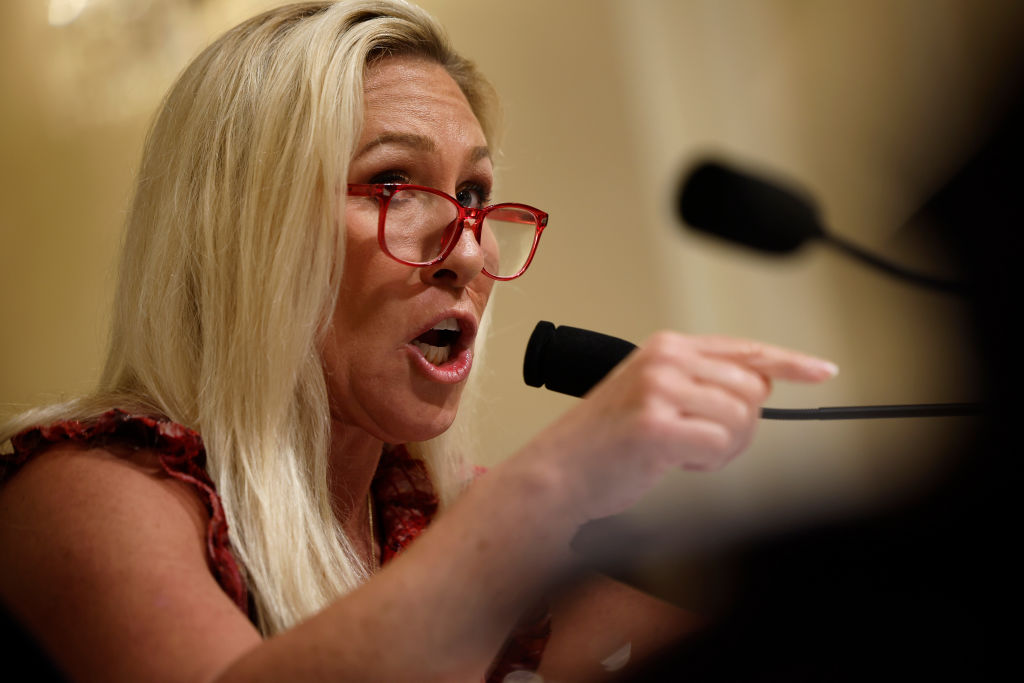In a beautiful photo essay and introspective article, the Los Angeles Times’ Christopher Goffard interviews former Black Panther Pete O’Neal. Struggling with the infirmity that comes with age, O’Neal discusses life in Tanzania as he runs an informal orphanage and lives out his last days with purpose.
SEE ALSO: Is Obama Right To Fight One War At A Time?
After getting out on bail for transporting a shot gun across state lines, both O’Neal and wife Charlotte of 42 years fled to Sweden in 1970. In late 1972, the O’Neals landed in Imbaseni, Tanzania, and bought four acres to start a life.
O’Neale, like many other Panthers, thought his time in Tanzania would be temporary, but as the Revolution died in the United States, Tanzania became permanent. One day, after observing all of the orphaned children in and around his village, O’Neale got the idea to open up an orphanage to give some of the local children a better life.
The LA Times reports:
A few years back, an ambition seized him. The village had scores of destitute children, orphans from dirt-floor shacks and subsistence farms. He collected donations and built a concrete-block bunkhouse down near his tomato and pepper garden.
He spread word that he had room for a few kids. More than 100 appeared at his door, many shoeless. He had to send the majority away. The most desperate, a couple dozen, he informally adopted.
Now, they roam his grounds in lively packs, playing four square on the basketball court. They sleep in rows under malaria nets. Volunteers and a few staff members watch over the children and give them English and computer classes.
Now, O’Neale spends his days putting all of his resources into rehabilitating a bus he bought to transport his orphaned kids to the ocean. For O’Neale, taking these children to see the ocean would be “the highest point in [his] life.”
The LA Times reports:
He remembers discovering the ocean.
He was in his late teens, a heartland kid who believed his fearful precinct of Kansas City was the absolute center of the world, its ugliness and bigotry a true picture of the world. It is why, to his mind, violent revolution looked logical and inevitable.
Then he arrived in California to report for duty in the Navy, and turned his head and saw the Pacific. His breath was caught short by the immensity of it, all that blue stretching out into other lands, other stories. It was the start of a decades-long lesson that the world is bigger, more complicated and interesting than his little plot of bitter experience had led him to suspect.
His orphans have never left this inland region of cornfields and malarial swamps. They’ve never tasted salt water, or felt hot beach sand between their toes.
“They have no idea — no idea — what the ocean is,” he says.
And by the grace of God, he will get them there.
Read the rest at the Los Angeles Times.
SEE ALSO:
















